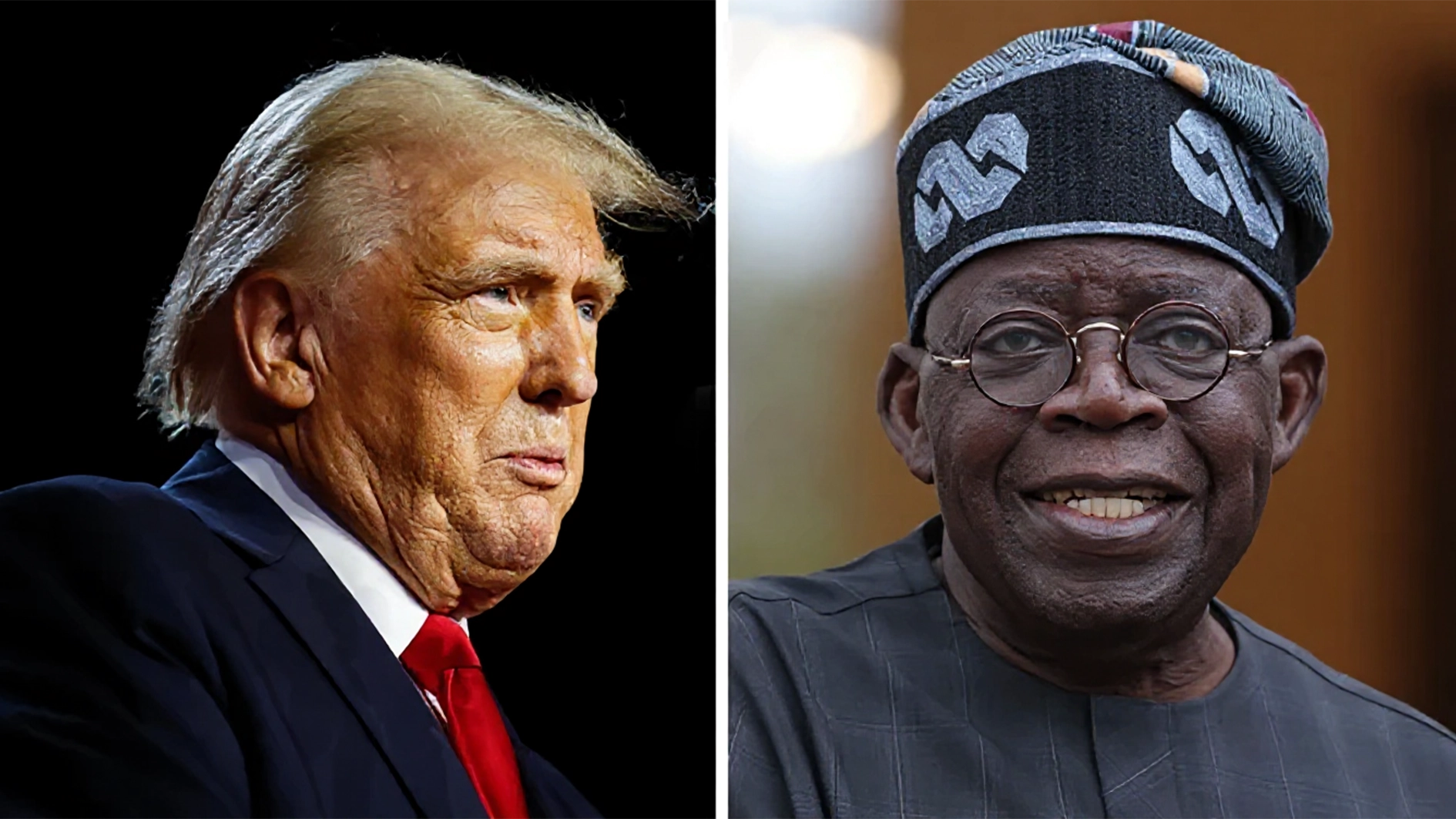…Kano emerges winner as Korean agency assesses schools in Nigeria
The Director General of the Nigerian Institute of International Affairs (NIIA), Prof. Eghosa Osaghae, has said that Nigeria must reimagine its industrial policy, strengthen productive capacities, and invest massively in education if it hopes to join the ranks of economies valued above $3 trillion.
Osaghae said this at the NIIA and Korea Embassy joint Seminar on Africa’s Rising Global Influence held yesterday in Lagos.
He noted that countries like South Korea, Japan and China, which once shared similar economic conditions with Nigeria, achieved global competitiveness through deliberate state-led industrialisation and technological development.
Chargé d’Affaires of the Embassy of the Republic of Korea, Mr Tak Namgung, speaking on “Economic Partnership and Development: Korea’s Shared Experience,” highlighted South Korea’s journey from post-war poverty to prosperity, attributing it to investments in education, strong institutions, and long-term development planning.
Meanwhile, Korea International Cooperation Agency (KOICA) has carried out its Annual Performance Evaluation Forum (APEF), designed to assess and reward the performance of principals and teachers in the six KOICA-supported smart schools across Nigeria.
The forum evaluates schools using indicators categorised under school management and curriculum operations.
It also serves as a platform to recognise outstanding school leaders who have demonstrated excellence in implementing smart education initiatives.
The maiden edition of the forum was held in December 2024 during the Best Practice Conference.
This year’s edition marks the conclusion of the project’s monitoring and evaluation phase, with participants presenting progress reports from their respective states, namely Bauchi, Ekiti, Cross River, the Federal Capital Territory (FCT), Kano, and Nasarawa.
At the end of the assessment, Kano State emerged as the overall winner, recognised for its strong performance in school management, innovation in digital learning, and commitment to equipping students with 21st-century skills.
According to the Principal of UBEC Model Smart School (UMSS), Nasarawa, Ja’afar Adi, the school management segment focused on how effectively smart school leaders have implemented the concept of smart education.
Indicators included creating conducive learning environments, organising smart school fairs, and mobilising SUBEB and stakeholder support to sustain smart education initiatives.
The curriculum operations segment evaluated how schools monitored teacher performance, improved student learning outcomes using digital content, utilised content development studios to enhance classroom instruction, and supported the Teacher Learning Community.
The KOICA Annual Performance Evaluation Forum continues to serve as a platform for innovation, accountability, and recognition among Nigeria’s smart schools, reinforcing the nation’s commitment to technology-driven education and the development of future-ready learners.





